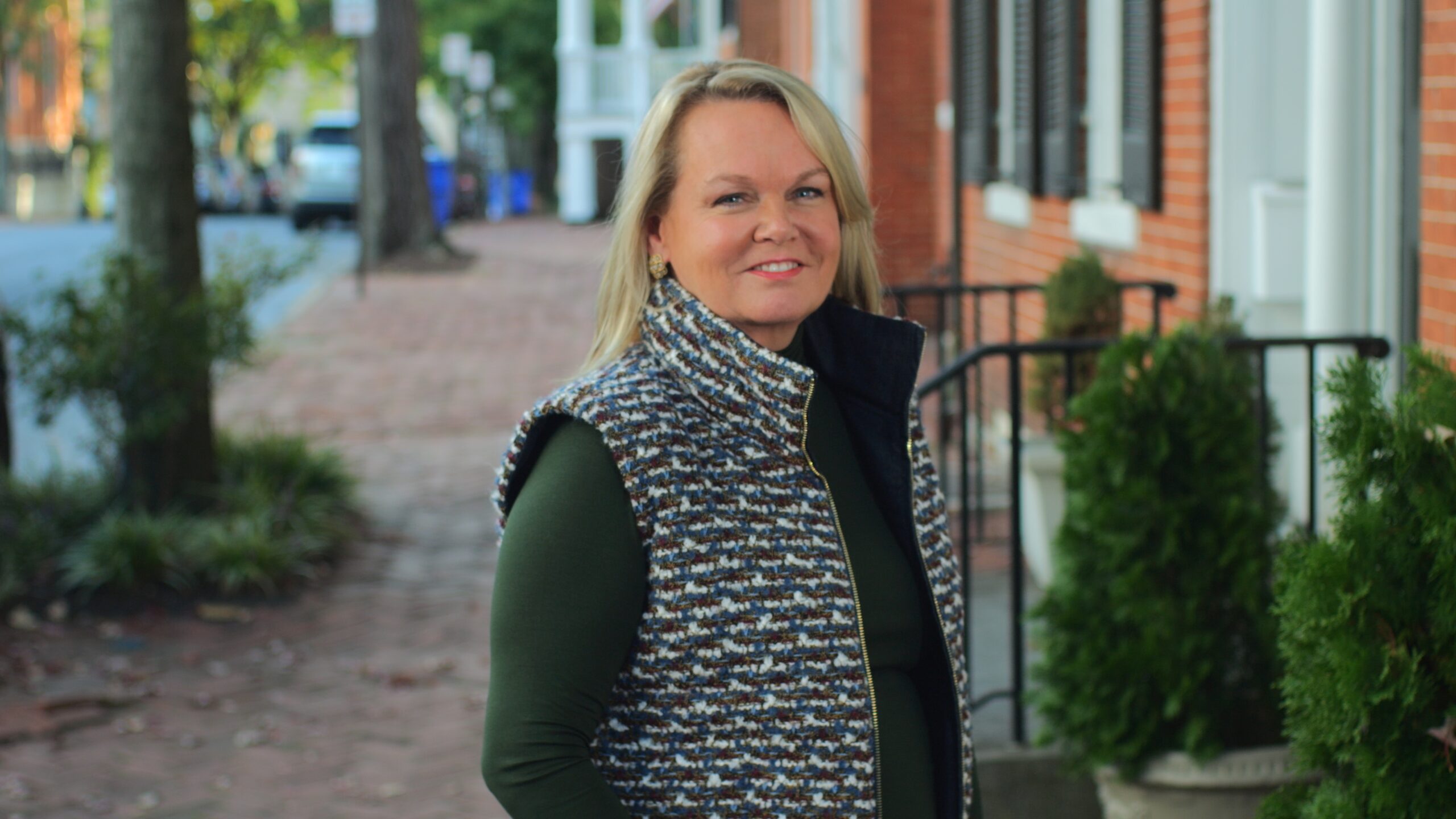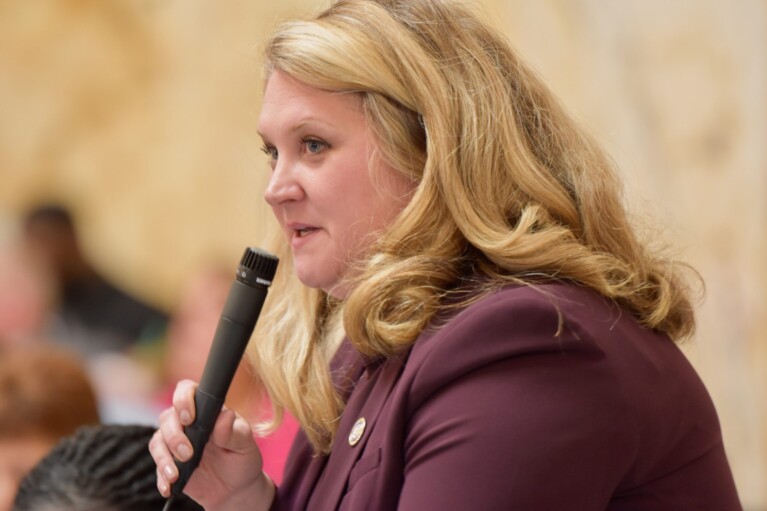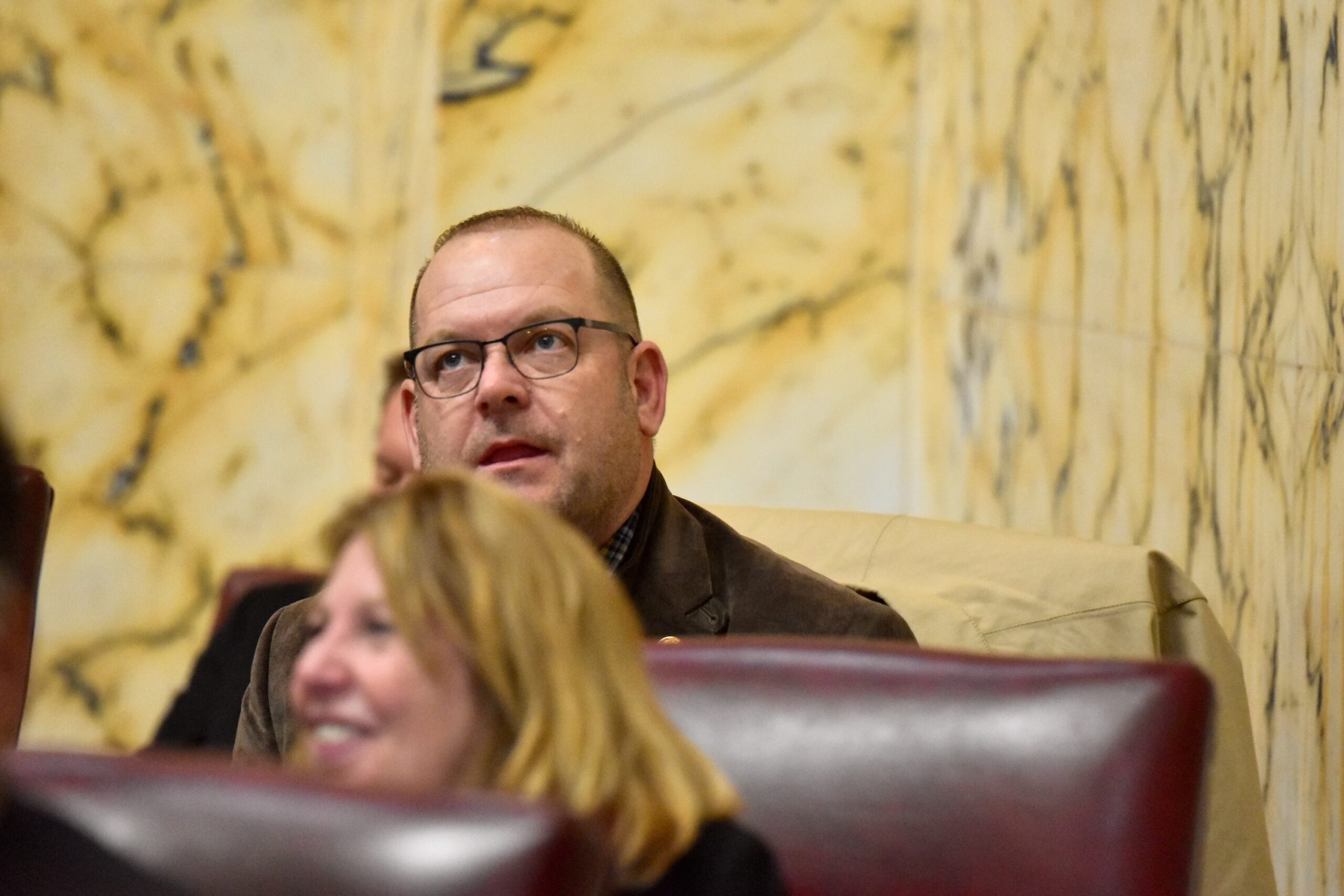Opinion: Md. Must Protect Child Trafficking and Sex Crime Victims in the Legal System

By Sara Kruzan
The writer received a life sentence for killing her sex trafficker when she was 16 years old but is now free. This piece was submitted by the Washington, D.C., organization Human Rights for Kids.
President Biden has declared January as National Human Trafficking Prevention Month. Yet, some of the worst government-sanctioned human rights abuses are committed against child trafficking and sex crime victims right here in the United States.
I was in elementary school and only 11 years old when I met the man who robbed me of my childhood. Coming from a home and community where drugs and abuse were the norm, I was an easy target for a man with sinister intentions. From the time I was 13 years old until I was 16, I was a child sex trafficking victim who endured horrific abuse, rape and torture at the hands of my trafficker. I was eventually able to break free from the manipulative hold he had over me and returned shortly after that and killed him.
Despite being his victim of trafficking, sex abuse and rape, I was tried as an adult where none of the abuse and complex trauma I experienced throughout my childhood was admitted into evidence. The prosecution, the judge and the media depicted me as a sophisticated monster, the worst of the worst and sentenced me as such. The “justice” system sentenced me — a child sex trafficking and rape survivor — to life imprisonment without parole, plus four years, for killing the man who victimized me for nearly a third of my young life.
Injustices like this happen as a result of automatic transfer laws, as well as sentencing schemes that fail to center child status and trauma history when youth are tried as adults.
While I’m grateful that my sentence was commuted in 2013, I still spent nearly 20 years in prison. What happened to me was not justice. What has happened to other child sex trafficking victims like Alexis Martin and Cyntoia Brown, both of whom also received a life sentence for their involvement in the death of their trafficker and would-be rapist, is not justice. None of us should have been sent to prison in the first place — a far too common response for girls of color in our country — especially for actions taken against our abusers.
Imagine if we were your own daughter; how might you respond to the vile men who exploited and abused us? Is it so difficult to understand then how a 16-year-old girl, who was raped and abused and trafficked from the time she left elementary school, would end up killing the man who harmed her so? What should we do with her? Our answer to this question says a lot more about us than it does about her.
It is curious why a prosecutor would want to seek a life sentence for child sex trafficking victims who kill their rapists or traffickers, given what we know about traumatic bonding and the invisible chains that keep us bound in modern-day slavery. Yet, there has been little outrage for the too many child sex crime victims who are sitting in prison cells or awaiting prosecution for crimes committed against their rapists and traffickers.
The sad reality is that almost every girl who ends up in the juvenile or adult criminal legal system are victims of sexual or physical abuse, rape, human trafficking, domestic violence, or some form of severe trauma. Research has shown that 73% of girls experienced physical or sexual abuse prior to system involvement.
In addition, nearly one-third of girls in the juvenile justice system were sexually abused and nearly half experienced five or more Adverse Childhood Experiences (ACEs). Sexual abuse is one of the most common determining factors of girls becoming involved in the system. This sexual-abuse-to-prison pipeline, as Rights4Girls calls it, highlights a fundamental truth about youth delinquency and crime: unmitigated childhood trauma is the root cause for why children end up in the system to begin with. And yet, our justice system rarely recognizes or understands the impact that trauma has on children.
There is hope, however. The Maryland General Assembly has the opportunity this year to change the way that child victims like me are treated when they commit crimes. Senate Bill 165 by Sen. Jill Carter will end the practice of automatically charging children as adults, which will ensure that a juvenile court judge can properly weigh whether or not a child should be tried as an adult.
In addition, pending legislation by Sen. Susan Lee and Del. Lesley Lopez will require judges to consider child status, trauma history, and how children are different from adult offenders prior to sentencing. Their legislation will also create a presumption that judges should send cases involving child sex crime victims in situations like mine back to juvenile court for adjudication if they’re convicted as adults. Such protections are known as Sara’s Law, which is an initiative I started with the non-profit organization Human Rights for Kids.
I can think of no better way for the Maryland Legislature to show solidarity and support to child victims everywhere during Human Trafficking Prevention Month than by passing these reforms to ensure that what happened to me doesn’t happen to any child in Maryland. Our children deserve care, not cages.




 Creative Commons Attribution
Creative Commons Attribution